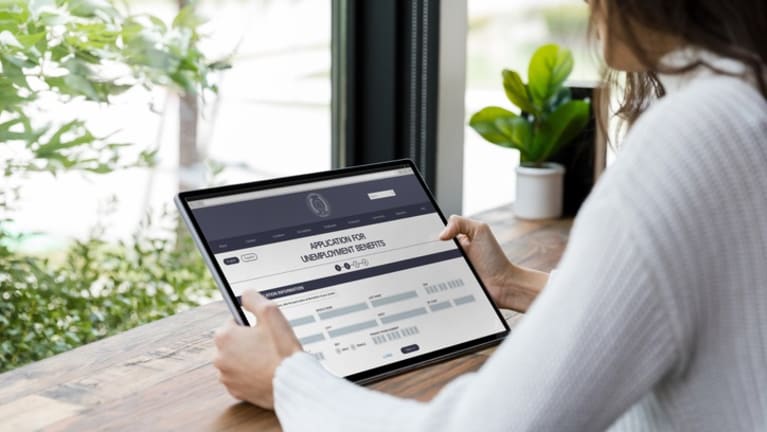Bipartisan legislation to provide coronavirus relief to nonprofit groups has been approved by Congress and President Donald Trump is expected to sign it into law. The measure also provides relief to state, local and tribal governments.
The U.S. House passed the
Protecting Nonprofits from Catastrophic Cash Flow Strain Act by unanimous consent on July 9, following passage in the Senate on July 2.
The bill eases a cash flow problem by reducing the share of unemployment benefits that nonprofit employers, in particular, must pay up front for furloughed employees. It resolves a conflict between the Coronavirus Aid, Relief, and Economic Security (CARES) Act, under which nonprofit employers pay only 50 percent of benefits, and a Department of Labor (DOL) regulation requiring 100 percent payment of unemployment contributions for furloughed staff before aid can be received.
SHRM MEMBER-EXCLUSIVE RESOURCE SPOTLIGHT
Coronavirus and COVID-19Regulation Undercut CARES Act
Many nonprofits operate as "reimbursing employers," which means they pay their share of unemployment insurance (UI) taxes by reimbursing states for 100 percent of the unemployment benefits collected by their former employees, according to
a statement by the Senate Financial Committee. Recognizing that reimbursing employers would be unable to cover all of their unemployment costs, the CARES Act allows nonprofits to reimburse only 50 percent to the states while the federal government covers the other 50.
Guidance issued by the DOL in April, however, requires states to collect 100 percent of unemployment costs from nonprofits up front and reimburse them later, putting a further strain on organizations hit hard by COVID-19.
The new legislation clarifies that nonprofits are only required to provide 50 percent in payments up front. The net cost to the employer and the federal government would remain the same but the change would free up much needed money to help nonprofits stay afloat.
[SHRM members-only HR Q&A: How Does the Families First Coronavirus Response Act (H.R. 6201) Impact Employers?] Nonprofits and the PPP
Congress is also considering a related issue regarding nonprofit groups and COVID-19 relief.
For small employers struggling due to the coronavirus pandemic, Paycheck Protection Program (PPP) loans, created by the CARES Act, can be forgiven if employers use the money for payroll, mortgage, rent and utilities, and if the employer receiving the loan keeps employee and compensation levels stable.
Trade associations, professional societies and local chambers of commerce—which are classified as 501(c)(6) organizations—have not been eligible for the program. However, many groups that conduct lobbying and are classified as nonprofit 501(c)(3) organizations are allowed to apply,
"
Trade groups have lobbied Congress to make changes to the [PPP]…so they can be included as well," The Hill reported on July 6. Meanwhile, "House Democrats have tried to stop lobbyists from receiving PPP loans."

